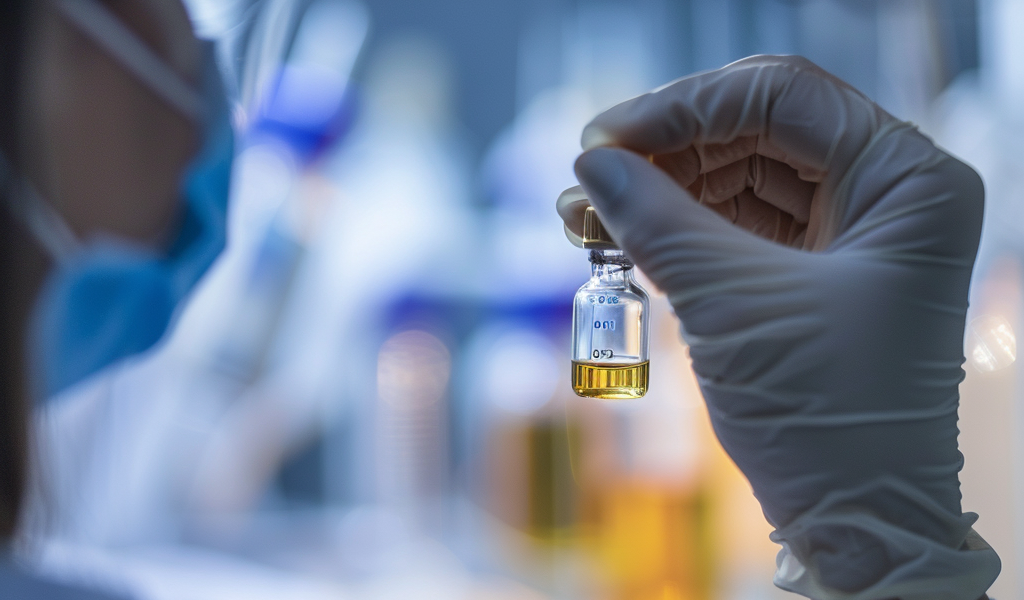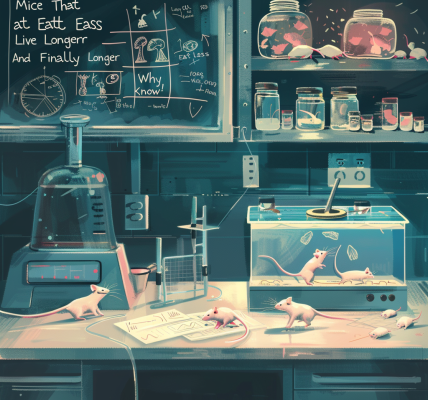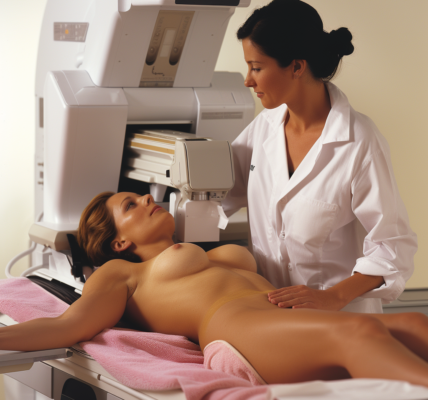A groundbreaking new blood test has been hailed as a major breakthrough in the fight against breast cancer, with the potential to predict the risk of cancer returning three years before it can be detected by traditional scans. This innovative ‘liquid biopsy’ has been described as ‘incredibly exciting’ and could significantly improve the chances of women overcoming the disease.
Currently, over 2 million women are diagnosed with breast cancer annually, making it the most common form of cancer among women. While treatment methods have advanced in recent years, the recurrence of cancer remains a significant concern, often at a more advanced stage than the initial diagnosis.
Research presented at the American Society of Clinical Oncology annual meeting in Chicago showcased the effectiveness of this personalized liquid biopsy. By detecting minute traces of cancer DNA in the blood, the test can accurately predict the risk of cancer recurrence long before any visible symptoms appear.
The trial conducted at the Breast Cancer Now Toby Robins research center in London demonstrated the test’s ability to identify patients who later experienced a relapse. The average lead time to relapse was 15 months, with the longest being 41 months.
Simon Vincent, the director of research at Breast Cancer Now, expressed enthusiasm for the potential of this new technology, emphasizing the importance of early detection in combating breast cancer. He highlighted the significance of detecting signs of cancer recurrence well in advance, as it greatly enhances the effectiveness of treatment and reduces the risk of the cancer spreading to other parts of the body.
Experts are optimistic that these findings will pave the way for a more proactive approach to breast cancer treatment, where interventions can be initiated at an earlier stage based on the predictive capabilities of this innovative blood test.





